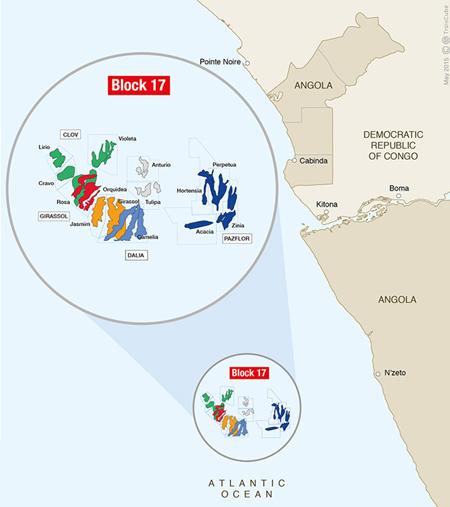Introduction
Angola, a country located on the southwestern coast of Africa, has increasingly become a focal point for global interest due to its rich natural resources, economic growth, and cultural diversity. Since its independence from Portugal in 1975, Angola has seen significant changes in its political landscape and economic strategies, making it relevant on the international front. Understanding Angola’s current dynamics is essential for investors, tourists, and those interested in African development.
Economic Growth and Development
The Angolan economy is heavily reliant on oil, which accounts for over 90% of its export earnings. In recent years, however, the government has been making strides to diversify the economy. Reports indicate a 2% growth in GDP for 2023, attributed to increased oil production and a rebound in agriculture due to favorable weather conditions. In addition, the country’s government aims to attract foreign investment, particularly in sectors like agriculture and renewable energy, highlighting projects focused on solar and wind energy production.
Cultural Richness
Beyond economics, Angola is known for its rich cultural tapestry, shaped by indigenous traditions, colonial influences, and stunning landscapes. Festivals, music, and art play significant roles in everyday life. The annual Luanda Music Festival showcases local and international talents, promoting a vibrant cultural scene. Similarly, traditional Angolan cuisine, influenced by various regions, has gained attention worldwide, with dishes like muamba de galinha (chicken stew) becoming popular.
Recent Political Developments
Politically, Angola has been navigating through various challenges, including calls for greater democracy and transparency. In August 2022, the country held its general elections, marking a critical period for the ruling MPLA party and the opposition UNITA party. Preliminary results showed MPLA maintaining power but with diminishing support, indicating possible shifts in political dynamics in the future. This trend suggests an evolving democratic landscape where citizens are increasingly vocal about governance and socio-economic challenges.
Conclusion
As Angola continues to develop on various fronts, it is crucial for both regional and international observers to keep an eye on its progress. The country’s abundance of resources, cultural heritage, and potential for growth present opportunities and challenges alike. For investors and policymakers, Angola represents a country full of potential; however, the political unpredictability and reliance on oil serve as reminders of the complexities involved. Observers should anticipate ongoing changes as Angola navigates its path toward a more diversified and resilient economy.


